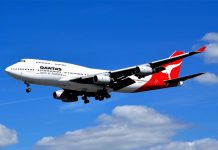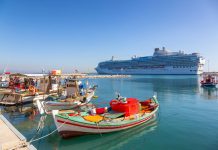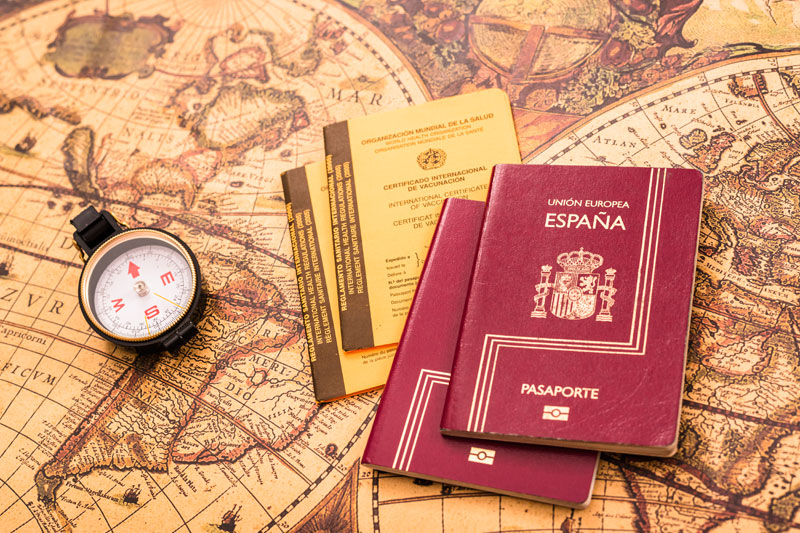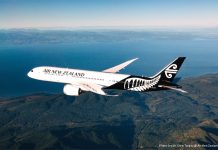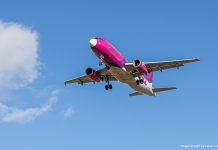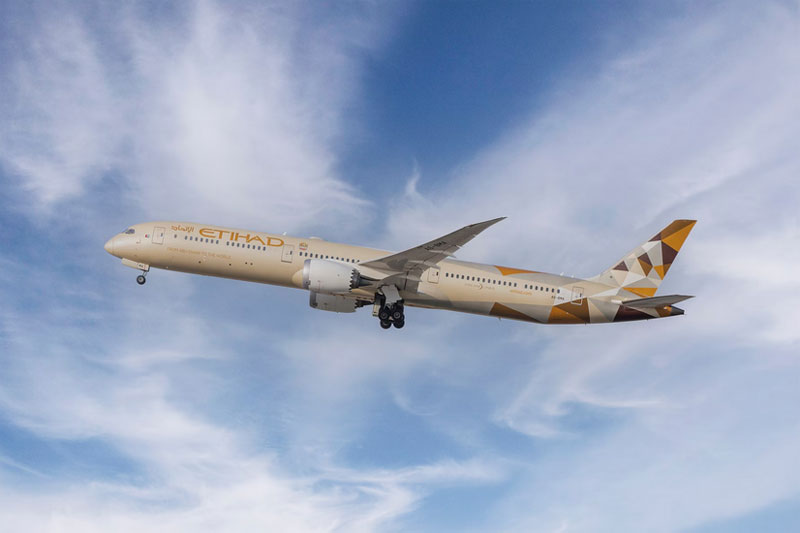
Top safest airlines for your next flight, why they are trusted, and how they ensure secure flights worldwide
When you book a flight, safety is probably the most important thing on your mind—but do you know which airlines top the list for being the safest? While most passengers are aware of the basics, few realize how much goes into determining which airlines truly keep you out of harm’s way.
Each year, AirlineRatings.com releases its rankings for the safest full-service and low-cost airlines. For 2026, the competition continues to be fierce, with tiny margins separating the leaders.
So, Who’s Number One?
In 2026, Etihad Airways claims the crown, overtaking Air New Zealand for the world top safest full-service carrier. Cathay Pacific climbs to second, reflecting a strong recovery. Qatar Airways and Emirates see slight declines, signalling challenges in maintaining their edge in safety and service
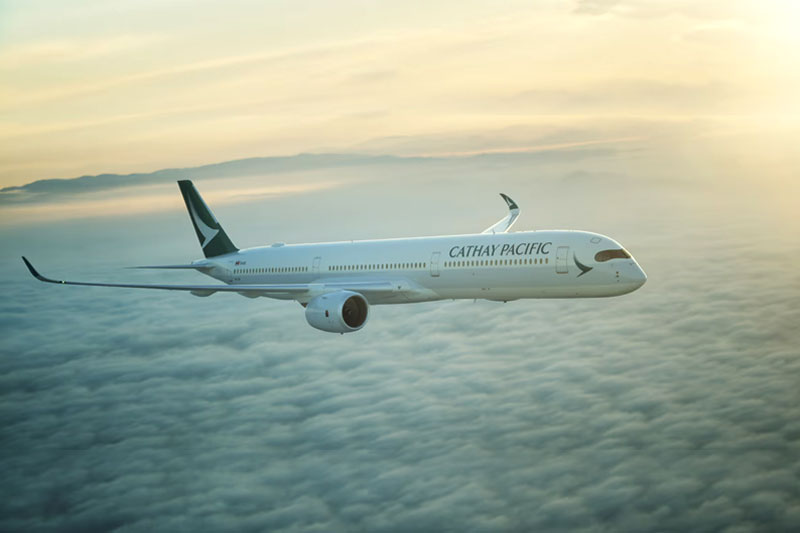
STARLUX made impressive gain, proving that lesser-known airlines can excel in safety. Turkish Airlines and Korean Air slip, underscoring the fierce competition for the top safest airlines.
Notably, Alaska Airlines is the only North American carrier in the top 20, but drops from 9th to 15th.
Top 20 Safest Full Service Airlines for 2026
| Rank | 2026 | 2025 | |
| 1. | Etihad | Air New Zealand | |
| 2. | Cathay Pacific | Qantas | |
| 3. | Qantas | Cathay Pacific; Qatar Airways; Emirates | |
| 4. | Qatar | Virgin Australia | |
| 5. | Emirates | Etihad Airways | |
| 6. | Air New Zealand | All Nippon Airways | |
| 7. | Singapore Airlines | EVA Air | |
| 8. | EVA Air | Korean Air | |
| 9. | Virgin Australia | Alaska Airlines | |
| 10. | Korean Air | Turkish Airlines (THY) | |
| 11. | STARLUX | TAP Portugal | |
| 12. | Turkish Airlines | Hawaiian Airlines | |
| 13. | Virgin Atlantic | American Airlines | |
| 14. | All Nippon Airways | SAS | |
| 15. | Alaska Airlines | British Airways | |
| 16. | TAP Air Portugal | Iberia | |
| 17. | SAS | Finnair | |
| 18. | British Airways | Lufthansa/Swiss Group | |
| 19. | Vietnam Airlines | JAL | |
| 20. | Iberia | Air Canada |
In the low-cost category, Hong Kong Express remains the number one carrier for top safest airlines for no-frills travel.
Scoot makes a surprising leap to third spot. This signals improved safety measures and growing confidence among travellers, after not making the top 20 in previous years. Australian low-cost carrier, Jetstar Airways stays steady in second place. These carriers are leading in affordable flights across Asia and the Pacific.
Flydubai, now a full-service airline climbs, marking its growing influence in the Middle East. U.S. based carriers, Southwest Airlines and JetBlue rise in rankings reflects growing consumer confidence in its safety ratings.
UK carriers like EasyJet and Jet2 continue to dominate Europe’s low-cost market, maintaining their competitive edge.
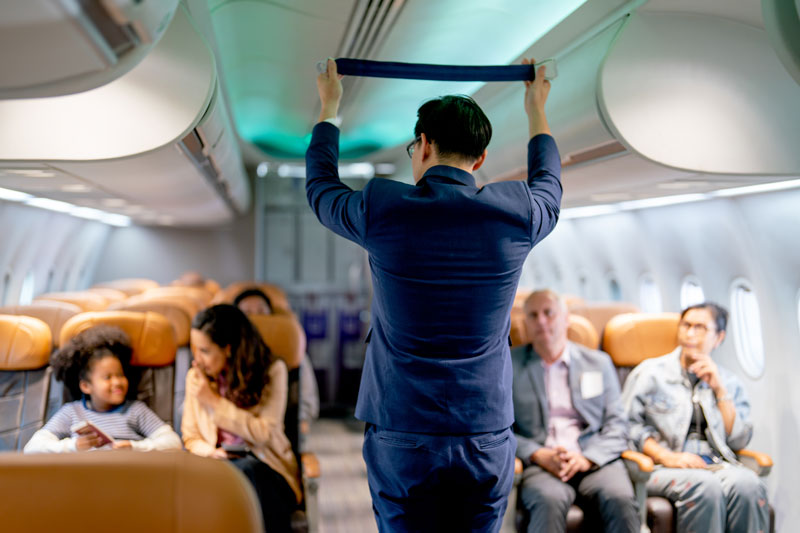
Top 20 Safest Low-Cost Airlines for 2026
| Rank | 2026 | 2025 | |
| 1. | Hong Kong Express | Hong Kong Express | |
| 2. | Jetstar Airways | Jetstar Group | |
| 3. | Scoot | Ryanair | |
| 4. | flydubai | easyJet | |
| 5. | EasyJet Group | Frontier Airlines | |
| 6. | Southwest | AirAsia | |
| 7. | airBaltic | Wizz Air | |
| 8. | VietJet Air | VietJet Air | |
| 9. | Wizz Air Group | Southwest Airlines | |
| 10. | AirAsia Group | Volaris | |
| 11. | TUI UK | flydubai | |
| 12. | Vueling | Norwegian | |
| 13. | Norwegian | Vueling | |
| 14. | JetBlue | Jet2 | |
| 15. | FlyNAS | Sun Country Airlines | |
| 16. | Cebu Pacific | WestJet | |
| 17. | Jet2 | JetBlue Airways | |
| 18. | Ryanair Ireland and UK | Air Arabia | |
| 19. | Spring Airlines China | IndiGo | |
| 20. | Transavia Group | Eurowings |
Related: Safest Airlines of 2024: What the Rankings Reveal and Key Influences
How Does AirlineRatings Determine These Rankings?
It’s a combination of factors. The rankings are based on key safety criteria, including incident rates, fleet age, pilot training, international safety audits, and a new focus on turbulence prevention. Participation in programs like IATA’s Turbulence Aware and comprehensive safety audits also played a role in determining the rankings. For more details on the world’s safest and most reliable airlines, visit AirlineRatings.
Just How Safe is Flying?
An MIT study revealed that the global risk of death per flight boarding between 2018 and 2022 was about one in 13.7 million. To put that in perspective, the World Health Organization (WHO) reported 1.19 million fatalities from road accidents in 2023—more than two deaths per minute.
While no one wants to think about aviation mishaps, these stats highlight just how safe flying really is. These rankings help travellers make informed, confident choices about their flights.
When booking your next trip, choose from the safest airlines. You’ll fly with confidence, knowing they excel at handling the unexpected. Remember, the safest airlines don’t just avoid accidents—they’re experts at managing the unforeseen.
Fly smart, fly safe, and travel with peace of mind!
Published: January 20, 2025 | Updated: January 14, 2026

















